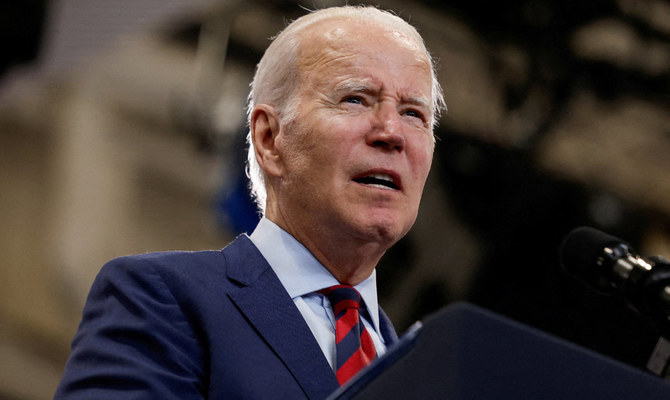
As Iran prepares for a new round of negotiations with the remaining parties of the nuclear deal, there were conflicting European reports on a European, Russian and Chinese plan aimed at discussing a new agreement that includes economic incentives for the Iranian government in exchange for reducing its regional threats and stopping missile development.
Three European diplomats denied offering Iran a package of financial aid in return for concessions on its regional threats and ballistic missiles. This came hours after German newspaper Welt am Sonntag cited an unnamed senior EU official as saying there were also discussions about a possible new pact between Iran and world powers that would cover the same ground as the 2015 deal but with some additions.
The officials will meet in Vienna in the coming week under the leadership of senior European Union diplomat Helga Schmid to discuss the next steps after the May 8 decision by US President Donald Trump to pull out of the 2015 nuclear accord with Iran, the Welt am Sonntag newspaper said, citing senior EU sources.
The newspaper said that Germany, France, Britain, Russia and China will participate in the meeting, but the United States won’t be present. The new agreement would preserve the terms of the deal, but with some additions to appease the United States.
These could include provisions to address US concerns over Iran’s ballistic missile program and Tehran’s support for armed groups in the Middle East, the source said.
“We have to get away from the name ‘Vienna nuclear agreement’ and add in a few additional elements. Only that will convince President Trump to agree and lift sanctions again,” the senior EU official told the paper.
Such an agreement could in the future include financial aid for Iran, the report said.
The newspaper said that officials are looking for a new approach, because they understand that it will be difficult for European companies to overcome the new US sanctions.
Previously, Tehran rejected requests to curb its ballistic missile program or regional role.
Under the Joint Comprehensive Plan of Action (JCPOA), Iran agreed to reduce its nuclear program in return for lifting most of the Western sanctions. One of Trumps main complaints is that the agreement does not include Irans missile program, nor does it include Tehran’s support for armed groups in the Middle East, considered terrorist by the West.
Three EU sources who were part of negotiations to keep Trump from quitting the nuclear deal denied news that the meeting would offer Iran financial aid in exchange for concessions, according to Reuters.
EU energy commissioner sought to reassure Iran that the EU was committed to salvaging the nuclear deal and boosting trade with Tehran.
Meanwhile, Iranian Foreign Ministry Spokesman Bahram Qassemi said Iran’s current negotiations with the EU over the JCPOA don’t cover any issue beyond the nuclear deal.
Qassemi on Sunday dismissed “baseless" reports by certain Western media which quoted anonymous diplomatic sources as saying the EU has offered new packages of incentives to Iran in return for clinching a new nuclear deal.
“The reports are aimed at creating a smear campaign against Iran and undermining the ongoing negotiations between the Islamic Republic and the remaining parties to the Iran nuclear deal,” he said.
The spokesman went on to say that as a committed party to the JCPOA, following the unilateral, illegal and scandalous withdrawal of the US from the multi-national agreement, Tehran will remain in the deal as long as the remaining sides acknowledge Iran’s rights under the accord.
“In response to the requests of the other sides to remain in the nuclear deal, the Islamic republic has made it clear that it will remain in the deal only if the other sides explicitly acknowledge and protect Iran’s full right under the JCPOA,” he said.
On Tuesday, Iran’s Foreign Minister Mohammed Javad Zarif indicated that Iran and European powers have made a good start in talks over how to salvage the deal but much depends on what happens in the next few weeks.
"We are on the right track.. a lot will depend on what we can do in next few weeks," Zarif said after a meeting with the foreign ministers of Britain, France and Germany and the European Unions foreign policy chief.
Deputy Foreign Minister Abbas Araqchi said on state television that the joint commission will be held at Iran’s request, and without the United States, to discuss the consequences of Washington’s withdrawal, and how the remaining countries can keep their commitment to the deal.












